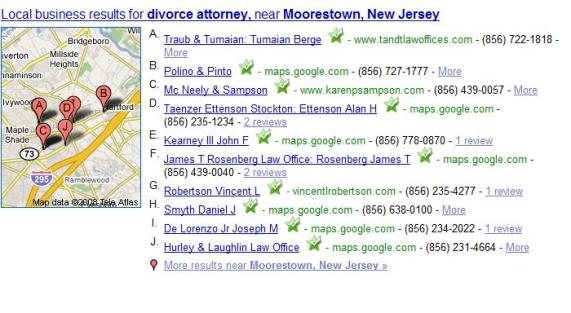Turn the Page
 For the past several years, I put my own businesses on the back burner and devoted my time and energy to a mission, one to help small/solo lawyers build a business with systems, consistent marketing and developing a lifelong relationship with their clients.
For the past several years, I put my own businesses on the back burner and devoted my time and energy to a mission, one to help small/solo lawyers build a business with systems, consistent marketing and developing a lifelong relationship with their clients.
That mission was, and is very dear to my heart, not because it is the means to my monthly income but because I know from personal experience the importance of that relationship with a lawyer.
You see, I grew up middle class, my dad was an electrician with his own business, my mom a waitress and yet, they had a lawyer who played a role in our life. It wasn’t a transactional role, it was one of a caring trusted advisor…and I recognized the importance of this even as a child.
Fast forward a few years.
After high school, I began working for a local GP lawyer that had relationships with his clients and worked from a converted house that he turned into an office.
I started as a file clerk and thought that one day, perhaps I would become a lawyer as well. But that wasn’t what was in store for me. Instead, by the age of 21 I was working in a larger firm with 3 partners as the senior paralegal/office manager. It was an estate planning/tax law office and the lawyers were awesome lawyers. They gave excellent council to the clients, but they were stuck in the traditional model of billing by the hour and many times, it was me that had the relationship with the clients—NOT them.
I always knew there were better ways, and I have been fortunate to work, and learn from, some of the greatest trendsetters in the legal industry (especially over the past 6 years), that are making a difference in the way attorneys in small firms are running their businesses.
In August of 2007, I made the decision to focus completely on one budding program to help build, create and coach the members. Unfortunately, over the course of the past 8 months it became clearer and clearer to me that the partner I was working with had very different views on the direction the business and what the various roles and responsibilities I typically held were…. and would be going forward. I found myself in the unsustainable position of having my reputation tied up into a program that was moving in a direction that I couldn’t agree with and could no longer effectively influence.
Despite my love for the members of that program, and my passion for what we were teaching, it became clear that it was time for me to go back to my own business of helping lawyers in the way that I always have in the past, in my own way, bringing even more experiences to the table.
I believe that everything happens for a reason. Was this the perfect time in my life to make a change? (definitely not, – but is it ever?) I am absolutely certain of one thing, when one door closes many will open, and my needs will always be met. I do not regret the experiences that I have had over the past 2 ½ years, and I’m proud of the many accomplishments that were made. I have made some of the best friendships of my life, some with people that I have never even met in real life.
Spring is the perfect time for transitions, changes, and as much as it excites me, it saddens me at the same time. I will miss the lawyers that I worked with so closely, the team members that I helped grow professionally, and working in the program that I put my heart and soul into growing that has helped many lawyers and made a difference in their lives. I truly believe I was part of building something that will continue on, and will continue to be a resource for lawyers and make a difference in their practice and their clients lives.
It’s time to turn the page and close that chapter for me, knowing that I made a difference that mattered and will have a lasting legacy.
The exciting part is that with this new chapter the difference can be bigger and better, because of the lessons learned, experiences had, the relationships created and how they have all played a role in who I am today and the difference I can continue to make going forward.
I love new beginnings and look forward to sharing my opportunities with you.
Would you like to talk about how we can help you save time on your marketing and help you turn ideas into action? Simply schedule a time on my calendar for a no-strings virtual cup of coffee.

 Last week we discussed the importance of having a weekly meeting with your team, and some suggestions to make these meetings productive and help streamline the work flow in your law business.
Last week we discussed the importance of having a weekly meeting with your team, and some suggestions to make these meetings productive and help streamline the work flow in your law business. As an attorney is important to have a team; be it in house, virtual or a combination of both, and in order to manage your team effectively, it’s critical to implement weekly meetings so the team stays productive and your business keeps moving forward each month.
As an attorney is important to have a team; be it in house, virtual or a combination of both, and in order to manage your team effectively, it’s critical to implement weekly meetings so the team stays productive and your business keeps moving forward each month. As you may know from
As you may know from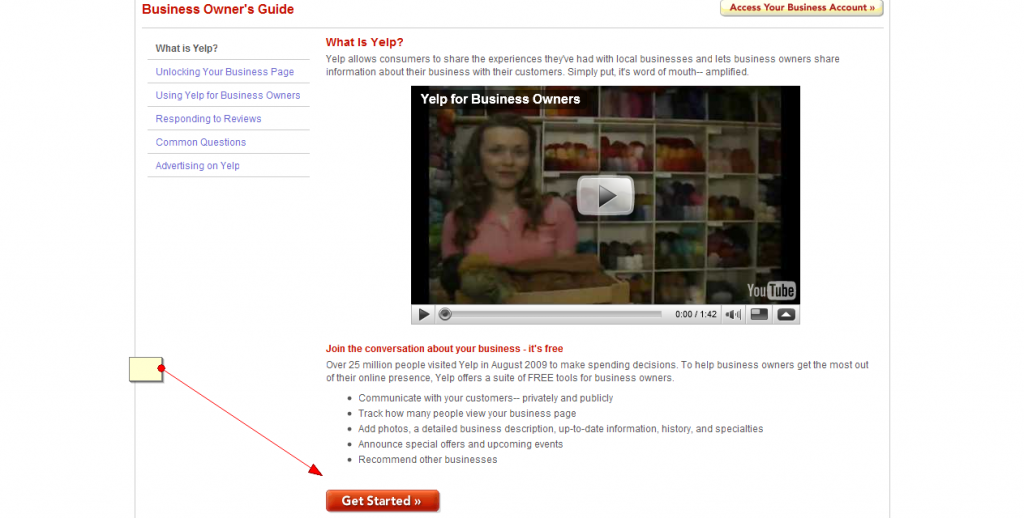
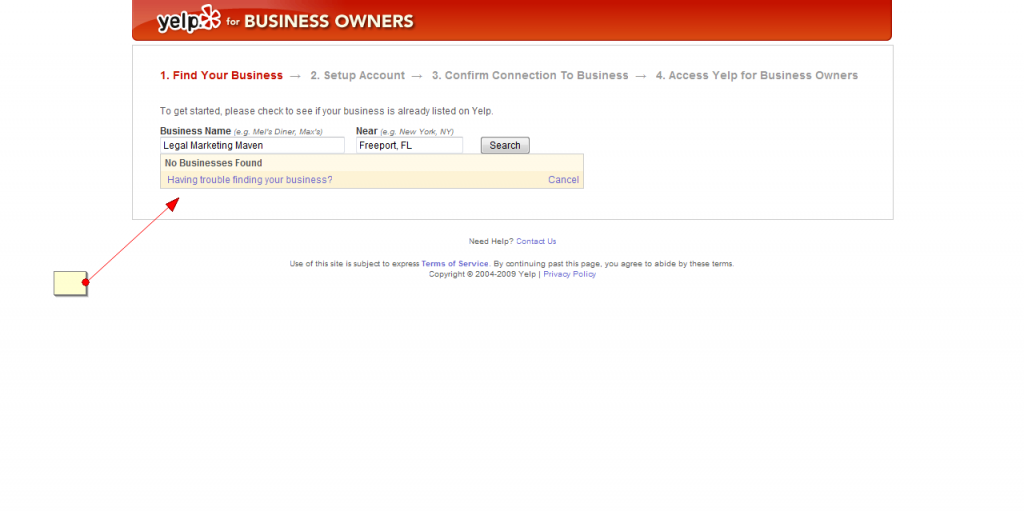
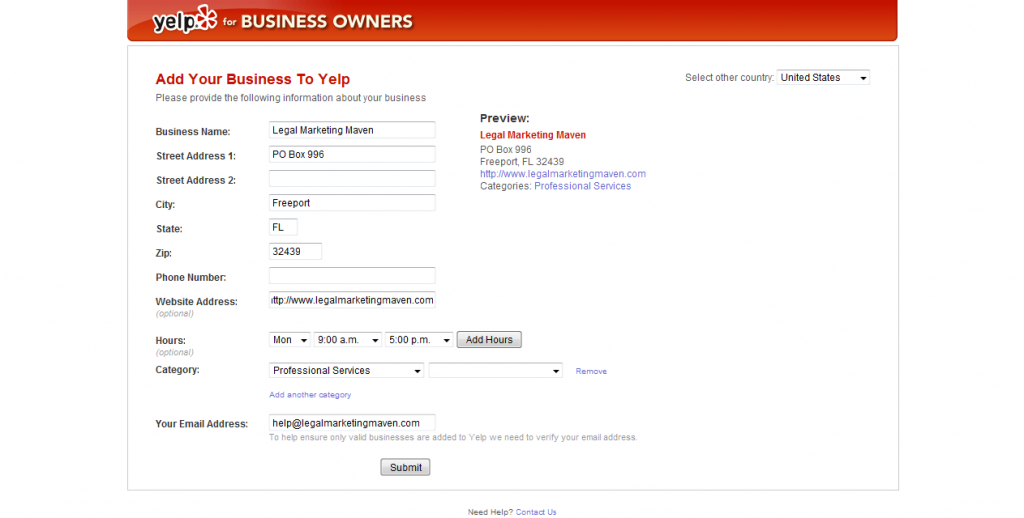
 As we head into the season of giving, now is a great time to show appreciation to your clients and customers. Taking the time to give thanks to your clients will set you apart, increase loyalty, improve retention, inspire more sales, and deepen relationships that last long after the initial sale.
As we head into the season of giving, now is a great time to show appreciation to your clients and customers. Taking the time to give thanks to your clients will set you apart, increase loyalty, improve retention, inspire more sales, and deepen relationships that last long after the initial sale. How are you nurturing the relationships in your business? I’m not talking about the relationships with your prospects, clients, or referral sources; instead, I’m talking about the people who support you and your business.
How are you nurturing the relationships in your business? I’m not talking about the relationships with your prospects, clients, or referral sources; instead, I’m talking about the people who support you and your business. In this economy, legal marketing is a given. You must be spending money on email marketing, internet marketing or direct marketing campaigns to get your name out there or you’ll fall prey to your market-savvy competition.
In this economy, legal marketing is a given. You must be spending money on email marketing, internet marketing or direct marketing campaigns to get your name out there or you’ll fall prey to your market-savvy competition. If you dread writing your law firm newsletter each month because a) it’s not fun or b) clients are generally unresponsive to your efforts, you’re probably committing one of three legal marketing sins.
If you dread writing your law firm newsletter each month because a) it’s not fun or b) clients are generally unresponsive to your efforts, you’re probably committing one of three legal marketing sins. If you’ve ever tried Googling yourself and find that a bunch of other people share your name and it’s hard to distinguish yourself on the web, you’ll want to get a Google Profile set up ASAP!
If you’ve ever tried Googling yourself and find that a bunch of other people share your name and it’s hard to distinguish yourself on the web, you’ll want to get a Google Profile set up ASAP! I’m sure by now you’ve heard about the necessity of implementing social media marketing as it relates to your overall legal marketing strategy.
I’m sure by now you’ve heard about the necessity of implementing social media marketing as it relates to your overall legal marketing strategy.
 For all you legal marketers and ambitious attorneys out there, I just wanted to post a brief update reminding you just how important checking your work for “content scraping” is.
For all you legal marketers and ambitious attorneys out there, I just wanted to post a brief update reminding you just how important checking your work for “content scraping” is. What does
What does  For legal marketing professionals and attorneys, getting signed up and active on Twitter is an important step in any social media marketing campaign.
For legal marketing professionals and attorneys, getting signed up and active on Twitter is an important step in any social media marketing campaign.
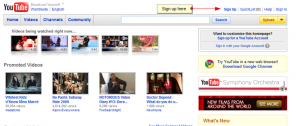
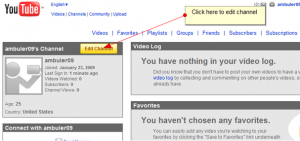
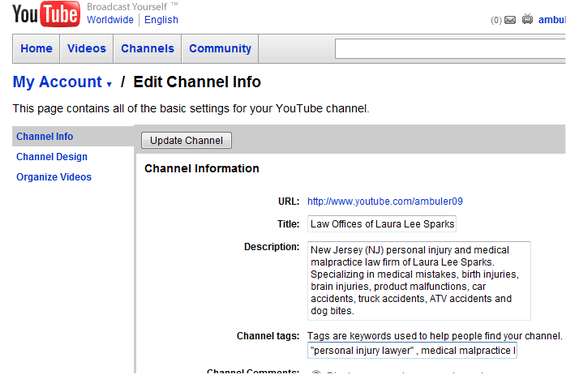
 Attorney Outsourcing: How To Get Started
Attorney Outsourcing: How To Get Started